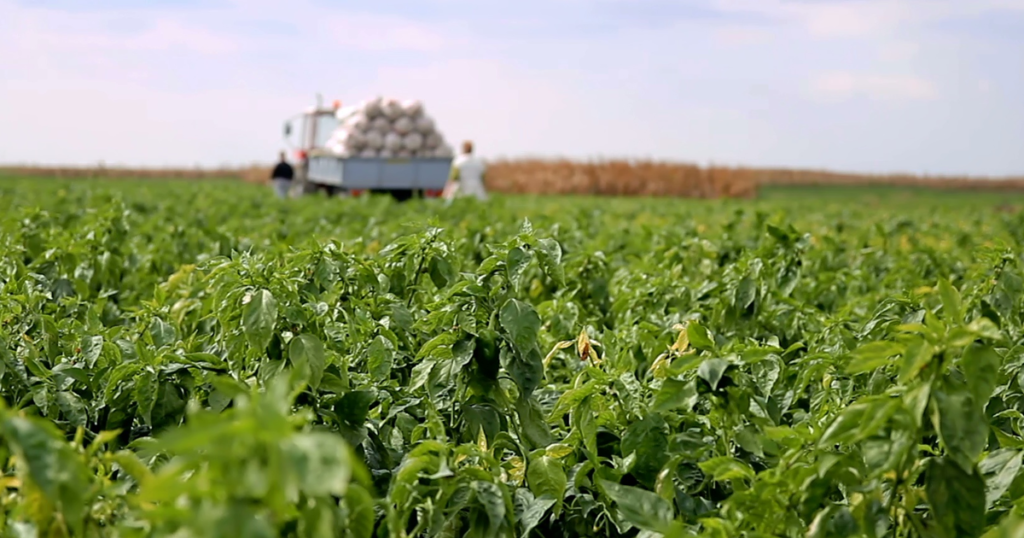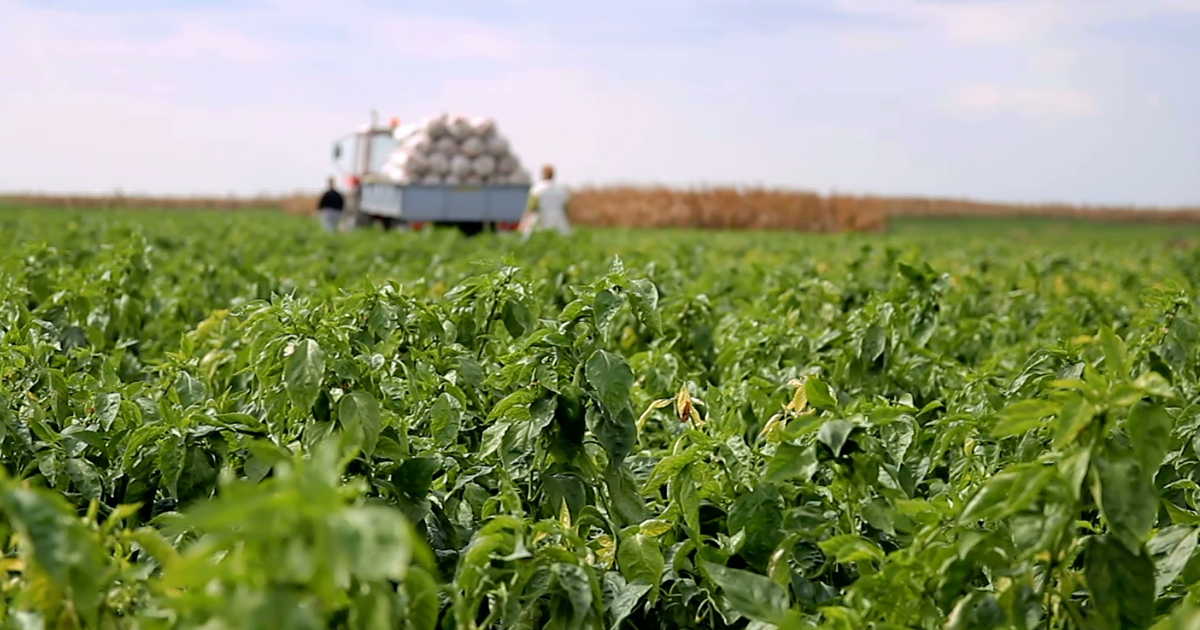
The Food System Challenge has selected the first batch of ten SMEs and cooperatives working in the agri-food sector. Their suggested solutions to key food system challenges were deemed by the expert selection panel to be innovative and highly impactful. The ten SMEs and cooperatives will receive support packages of business development services, technical assistance, and USD cash grants.
With Lebanon facing one of its most severe crises, Berytech and the World Food Program launched The Food System Challenge to support Small and Medium-sized Enterprises (SMEs) and Cooperatives working across the food system with solutions that address the core challenges to improve food security and increase resilience in Lebanon by improving local production, transformation, and consumption.
Selected Participants
Out of 213 applicants to the first batch of the program, 102 projects were selected for further assessment. After thorough review the list was narrowed down to 22 SMEs and cooperatives, who pitched their ideas and solutions in front of a panel of expert jury members during a two day-pitching event.
The selection was based on the criteria: potential impact, feasibility, innovation, scalability, and cost-effectiveness. The ten selected finalists are:
AgriDev, a consultancy firm specialized in developing and implementing food security, agriculture, and rural development projects in the MENA region.
Agrifresh, a new Lebanese agricultural and food industrial company that produces healthy and fresh cut vegetables under the highest international health standards using the latest technology and equipment.
Biomass provides organic food that is healthier, tastes better and is safer for the individual and the environment.
Compost Baladi, a social enterprise that develops treatment systems for organic waste management through composting on different scales and for different entities.
Eshmoon provides organic, healthy, and sustainable products that are sugar-free, gluten-free, dairy-free and are handmade.
Kobayat Agriculture Cooperative offers facilities and services such as a year-round agriculture and animal expo and point of sale, food processing unit, livestock farm, olive press and an artificial lake that serve farmers, producers, and consumers.
Levant Beverage and Dairy Industries, one of the leading dairy brands in Lebanon since 1997, proudly providing a complete range of fresh and tasty dairy products, committed to total customer satisfaction by providing quality products with competitive prices.
Natagri, a company that specializes in the agribusiness field. It provides services that cover all the activities of the agriculture value chain and promote sustainable development, financial management, human resource management, stock management, information systems, technical assistance, post-harvest management (packing and storing), product certification, commercialization, marketing, quality control, and traceability.
Olive Trade specialized in carefully crafted innovative olive-derived products, cured in the pure Mediterranean tradition with a contemporary twist.
Rim Mills is one of the biggest non-conventional wheat mills in the Bekaa region, a third-generation family business in the food industry that has been in operation since 1952. Najib Saliba, took the lead and modernized the mill focusing on producing Burghul and recently Moghrabieh also known as “ The Lebanese Pearl”.
Jury Feedback
The expert selection panel of the pitching event consisted of Ramy Boujawdeh, Deputy General Manager at Berytech, Jawad Bou Ghanem, Programme Policy Officer at WFP (World Food Programme), Constantin Salameh, Senior Coach and Investment Advisor, Rouba Bou Chalhoub, Agri-food Engineer and Freelance Consultant, Laila Al Amine, Sector Lead – MERG (Markets, Economic Recovery and Growth) at Mercy Corps, Bashar Berro, Agriculture Technical Advisor at the USAID-funded Agriculture and Rural Empowerment (ARE) Activity.
“Experts of diverse backgrounds (business, agriculture, food production) thoroughly reviewed the applications. All applicants had the opportunity to present their proposals to panel members, followed by Q&A. The overall selection process included grading, pitching, and discussing each application separately. The diversity of the selection panel’s expertise was very crucial. The selection process went smoothly, and the panel members were keen on selecting the businesses that can have a wide impact on different food system actors,” explained Jawad Bou Ghanem, Programme Policy Officer at the United Nations World Food Programme.
The jury focused on businesses or cooperatives that have an innovative and impactful idea to address challenges related to access to energy, fuel, and gasoline, access to raw material and import substitution.
“I was proud and honored to be a member of this jury to help applicants be part of this transformational journey. I discovered innovative ideas I did not know existed in the Lebanese market. The program allowed us to tackle topics related to the food system in Lebanon and its challenges. It is an open window for SMEs and cooperatives to dream and implement their dreams to turn them into impactful reality. All the selected SMEs and cooperatives provide great benefits to the community and have a huge impact on the Lebanese food system and its value chain and come from all over Lebanon,” elaborated Rouba Bou Chalhoub, Agri-food Engineer and Freelance consultant & lecturer at Université Saint-Joseph.
What’s next?
The ten finalists will undergo a transformational journey with clear milestones and objectives set from the start. They will receive a package of business development services, technical assistance, and USD cash grants, with a total value of up to 100,000$ per business.
The selected solutions at the idea stage will be supported to transform their idea into reality. The enterprises with sustainable projects will be supported to grow, expand, and reach wider markets.
By end of 2022, the support to the ten entities is expected to have resulted in:
- An additional 134 farmers contracted as suppliers of agricultural products to the supported companies (From 360 to 494 suppliers)
- An additional 45 jobs created in the ten supported companies (From 630 to 675 jobs)
- An additional 678 seasonal or full-time jobs created for agricultural farm workers and women processors (From 1,579 to 2,257 agricultural farm workers and women processors)
The Food System Challenge
The Food System Challenge is implemented by the World Food Programme (WFP) and Berytech through support from the German Federal Ministry of Economic Cooperation and Development (BMZ).
The program’s main outcomes are enhanced food security, a well-functioning local food system, enhanced efficiency and resilience of cooperatives and SMEs working across different streams of the food systems, and to increased employment opportunities especially for women and vulnerable individuals.










